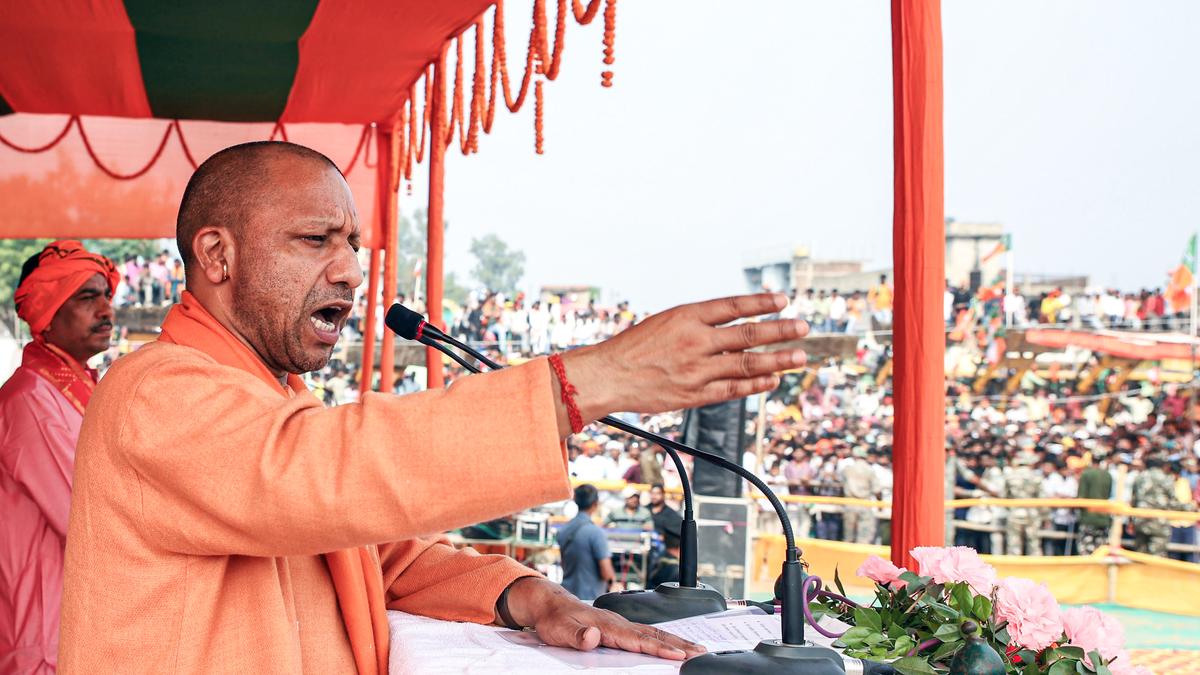 |
|
The political discourse in India has taken a sharp turn towards historical revisionism and accusations of vote-bank politics. This is evident in the recent public spat between Uttar Pradesh Chief Minister Yogi Adityanath and Congress President Mallikarjun Kharge. Adityanath has accused Kharge of suppressing the tragic death of his mother and sister in an attack by Razakars during the 1940s, claiming Kharge fears losing Muslim votes if he acknowledges this painful past. This accusation stems from a broader historical narrative surrounding the accession of Hyderabad to India, the role of the Razakars, and the Congress party's alleged appeasement of Muslim voters.
Adityanath's accusations are deeply rooted in the complex and often contentious history of India's partition and the integration of princely states. The Razakars, a paramilitary force operating in the princely state of Hyderabad, were known for their violent actions against Hindus and other communities, seeking to maintain the rule of the Muslim Nizams. This historical context is being invoked by Adityanath to paint a picture of Congress as a party that prioritizes appeasing Muslim voters over acknowledging the suffering of Hindus. He argues that Kharge's silence on his own family's tragic experience is proof of this alleged strategy.
The timing of Adityanath's accusations is significant. They come in the midst of ongoing political campaigns and elections, where rhetoric often takes a more polarized and divisive turn. Adityanath's inflammatory language aims to appeal to a Hindu nationalist sentiment, suggesting that Congress is complicit in historical injustices and continues to prioritize Muslim votes over the welfare of other communities. It is a tactic commonly employed by right-wing political parties, seeking to mobilize their base through a narrative of historical victimhood and cultural threat.
Kharge's response to these accusations remains to be seen. However, the incident highlights the growing tendency in Indian politics to utilize historical events and narratives for political gain. This often leads to a distortion of historical facts, with narratives being manipulated to fit pre-existing political agendas. It is crucial to engage with historical events and narratives in a nuanced and objective manner, avoiding the pitfalls of simplistic narratives and politically motivated accusations.
